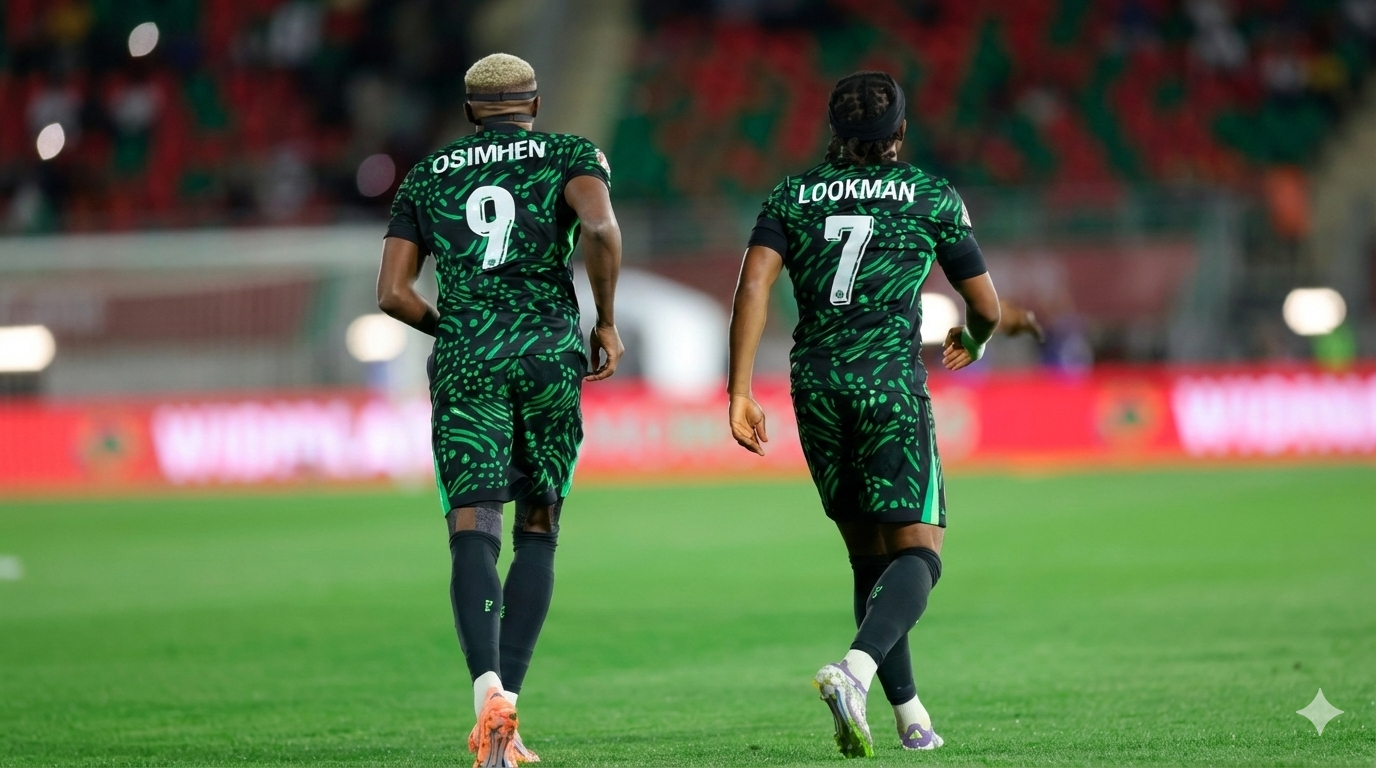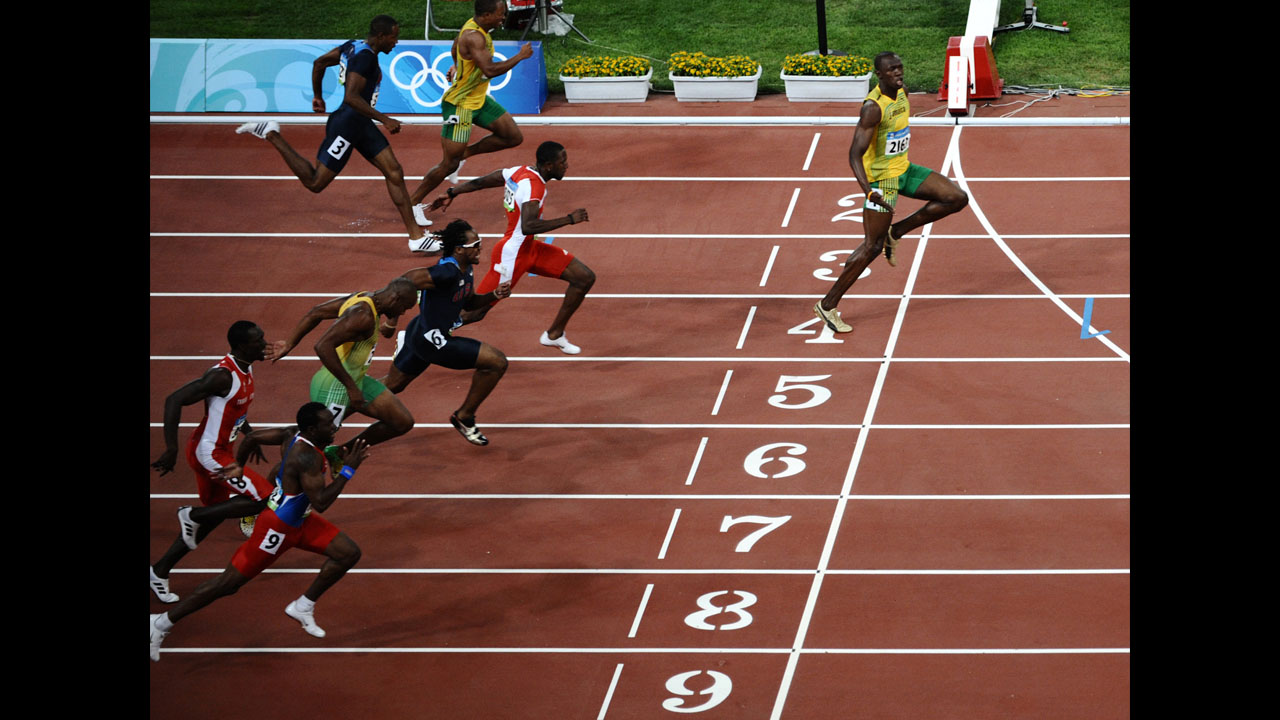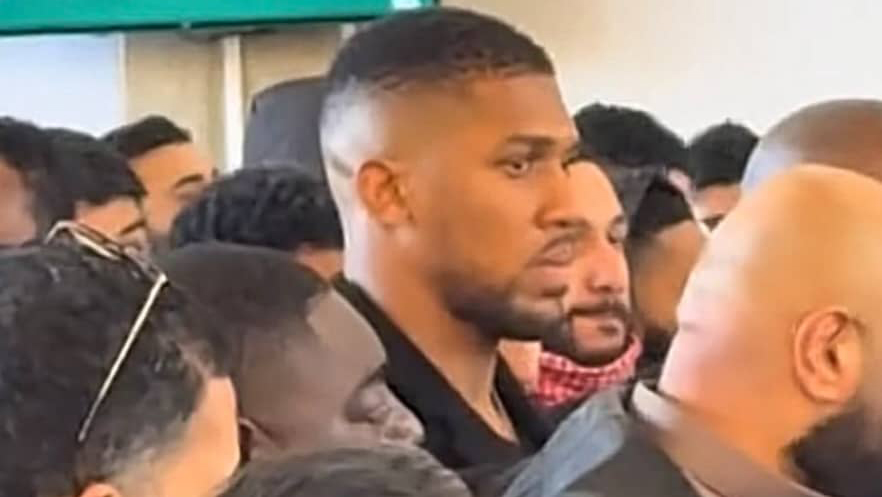
While Nigeria’s Under-23 football team received a grand and warm welcome in Lagos for winning the country’s solitary medal at the Rio Olympic games – a bronze, the Paralympians returned from Rio unheralded after their most successful ever games.
It’s no news that Nigeria closed the Rio Paralympics with eight gold, two silver and two bronze medals to finish 17th in the overall medals table and top other African countries. The physically challenged athletes surpassed their Sydney 2000 medal tally of 7 gold, 1 silver and 5 bronze medals in Brazil – to record their best-ever Paralympic finish since debuting at the games in Barcelona 1992.
Compare that with the performance of the country’s able-bodied Olympians a few weeks earlier, who brought home just one bronze medal, finishing a lowly 78th in the Rio 2016 medals table. The extraordinary feat of the Paralympians swiftly erased the shame of the dismal showing by the Olympians and serves as a ray of sunshine after a torrid run for Nigerian sport in general.
Throw in their FOUR Paralympic records and SIX world records in Rio, and you get the picture of a passionate team that has consistently kept the nations flag flying at major events. Despite obvious disorganisation and inadequate funding, the Paralympians have always outperformed their able-bodied compatriots for the past two decades.
Their success is even more exceptional considering the difficulty and discrimination that physically-challenged people face in the country. Just a quick look around the sprawling commercial capital, Lagos, and it’s clear how normal life can be a struggle for these athletes. Congested streets and roads without ramps, lack of step-free access and accessible toilets.
In short, the odds are stacked against disabled people seeking employment as employers’ prejudice tends to hamper their chances of finding a job. The result is that many disabled people, especially those in wheelchairs, embrace an isolated existence or turn to begging to survive.
In an environment seemingly prejudiced against disabled people, what is the reason for Nigeria’s Paralympic revolution?
One of the key players in Nigeria’s disabled sport polity is Feyisetan Are – a former champion and power lifter who has coached the country’s powerlifters since 2006. A passionate advocate for disabled sport, Are formed the national amputee football team in 2002 to support fellow athletes because he believed something has to be done.
“You can never allow disability beat you down and that is why our athletes are showing the strong ability they possess as extraordinary individuals,” said Are, who won a gold medal at the All Africa Games in 1995.
“These athletes have given their lives to sport because there is nothing for them out there. It’s the exact reason a first place finish is their only target whenever they compete.
Interestingly, only three of the country’s twelve medals in Rio are not in powerlifting – the powerlifters claimed six golds, two silvers and one bronze medals.
Are, who represented Nigeria at the 1996 Paralympic Games and has coached the powerlifters since 2006, is hoping that the Rio success will help convince the society about the impact these athletes can have in bringing honour and glory to the country.
“These are ambitious people on wheelchairs representing Nigeria; we hope the government and corporate bodies can support them. They want a job, not handouts or sympathy – they just want to earn money they work for on their own.” Dubbed “king of the physically-challenged”, Are has rejected lucrative offers from five different powerlifting federations outside Nigeria.
A strong desire to excel has been the driving force for powerlifters who train on broken benches, inside the dark and dilapidated facilities of National Stadium in Lagos. Team Nigeria captain Lucy Ejike, 38, knows first-hand the power of sport in changing lives. Having been infected with polio as a child, she has spent most of her life in a wheelchair. Her quest for a very different path to other disabled people saw her turn to powerlifting shortly before the 2000 Sydney Games.
Ejike shattered the Paralympic and world record to win gold in Rio with a lift of 142kg in the women’s under-61kg event. It was the third time she had broken a world record – in Beijing in 2008 she broke two during the under-48kg event.
With three gold medals and two silvers since 2000, Ejike said: “I only want people to see me as a success story and not just someone on a wheelchair. With God on my side, discipline and hard work I have managed to achieve my set goals.”
The other three medals in Rio came from women’s field events: shot put, Javelin and discus throws.
Lauritta Onye won Nigeria’s first Paralympic gold in Athletics. She broke the women’s world record in the shot-put and her victorious dancing on launching that 8.40m throw was captured on camera and played all around the world. She is also known as ‘Laury White’ because under that name she starred in the Nollywood film “Lords of Money in 2015”.
After all, people of small stature are often ridiculed and stigmatised, and frequently find the only jobs they can get are in the entertainment industry – where their size is the main form of entertainment. Deep down in faraway Brazil, Onye was simply dancing away her sadness and deprivation inside the Olympic Stadium. “I feel like I’ve won the hearts of the world in Rio and hopefully some discriminatory hearts back home in Nigeria,” Onye told the BBC during an interview.
“It is always hard to even pay my transport fare to the stadium in Lagos for training but my coach [Patrick Anaeto] always comes to my rescue.”
Onye, who had previously set a world record to win the shot-put gold medal at the 7th IPC Athletics World Championships in Doha, Qatar in 2015, travelled to Rio against all odds. Her phone was stolen during a training session in Lagos and her landlord threatened to evict her over unpaid rent – barely few weeks to the games. Left frustrated by an unfilled presidential reward for her success in Qatar, she told said she could neither contact her coach nor her siblings. She couldn’t even afford N2,000 [about $7] to buy a new one.
As she replaces her anguish with a gold medal, it remains to be seen if Nigeria’s wider attitude to its disabled citizens will improve thanks to their Paralympians’ success. It is difficult to ask for parity in a society where people are subjected to all sort of neglect but the government and the populace at large need to understand the value of the Paralympic team to the wider communities. For the feats these patriots achieved, it is only fair and right for those in charge of sports to put in a place a proper plan to take care of our physically-challenged. Against all odds, these athletes have proven yet again that there is ability even in disability. A lot of investment is needed if Nigeria wants to continue to do well at the Paralympic Games. There is a need to improve sporting facilities to reflect the needs of our special athletes.
We cannot continue to allow these heroes and patriots train under repugnant condition and environment, and expect them to keep winning laurels. The immediate thing to do right now is to call a summit where issues affecting these athletes will be discussed, with a view to mapping out a workable and realisable plan to support them. We should not end at just coming up with a plan, we must set timelines and deadlines to whatever is proposed. The ministry of sports must also ensure that whatever programme and plan to be worked on as a matter of compulsion, have the inputs of these special athletes.
It is on record that promises were made to some of the retired and current special athletes who did the nation proud in the past and none have been fulfilled. If our own special heroes can do better than athletes from countries with better facilities and good incentives, we can only imagine the farther they will go in winning more laurels for the country. it is time we take another look at these athletes and give them the special treatment they truly deserve.






